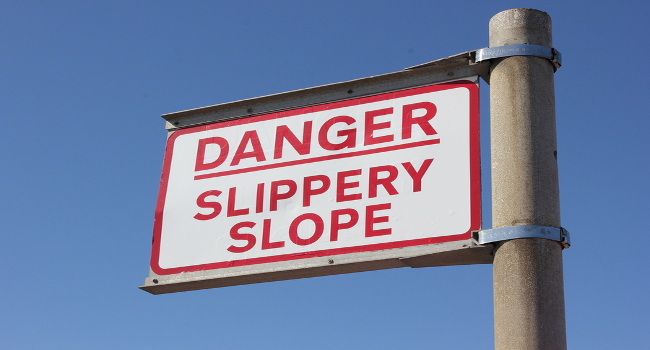Addictions consume lives of both addicts and those close to them. An addict’s entire existence, as well as that of his family and friends, gravitates towards alcohol, whether it is in an excessive drinking phase, or during their efforts to quit. And it seems like a never-ending cycle of ups and downs, with each falling being more devastating than the previous one. Countless theories and numerous common sense advices don’t help the cause of aiding a loved one to liberate oneself from an addiction. If you try and search the internet, you are likely to find either generic advices (which are not without value, just may not be enough), or a confusing maze of different psychotherapeutic approaches to the problem.
We will here outline some of the possible roots to the predicaments everyone involved in a healing process may encounter. And to do so, we will follow the experience of Claude Steiner, a well-known psychotherapist who explored and treated alcoholism using transactional analysis, and was fairly successful in this endeavor. We recommend his book “Healing Alcoholism”, as a comprehensive yet easy to read literature for all engaged in a process of battling the addiction.
Why Isn’t a Good Will Enough?
Several misconceptions surround alcoholism, and all of them can be equally damaging to a person’s attempts to heal from it. If you are trying to help someone you know fight the addiction, being aware of these wrong beliefs is crucial for the process. Among the most dangerous is an attitude of “It is just a matter of choice, nothing more”. And here is why…
Even though there is a strong motivational effect in the conviction that everything we do is a matter of our own choosing, this needs to be taken with caution. If your loved one is suffering from an addiction, and you believe they can simply decide to quit, this might put a lot of strain to your relationship, and hinder their healing as well. Even alcoholics themselves may fall under this conviction; and it can be devastating to deem oneself as a weak-willed person.
This sort of belief may sound courageous and mature. However, it disregards numerous possible causes and incitements in an intricate web of addiction. There are questions of social pressure, maladaptive habits, biological factors, messages from the Enemy, and many others. An alcoholic is not an alcoholic simply because he or she chose to be. They might be genetically predisposed to an addiction. They might have learned from their fathers that problems are “solved” by drinking oneself to oblivion. Modern age might advertise social drinking as desirable behavior. Being over-worked and trying to establish a career, a family, to be a good friend, and find enough time for a hobby – all that may push a person into an addiction if they have a predisposition as well. It is never simple, and it is a combination of choice and different influences throughout one’s life. By assuming a “you can choose to quit” attitude, we are pushing an alcoholic into an unrealistic belief that is doomed to backfire, leaving him or her feeling guilty and powerless.
Of course, wanting to change, and being willing to undertake this daunting task, is a necessary prerequisite; however, believing that it will be enough is what can cause more harm than good.
Help is Needed – But Not a Rescue
The fact that an alcoholic may not be able to simply cease his habit by choosing to quit drinking, and countless stories of failures in fighting an addiction off, can confirm an intuitive conclusion that if you know someone who is an alcoholic, they might need all the help they can get. But the help needs to be of the right kind. In the spirit of Claude Steiner’s examination of alcoholism, we will make a difference between helping a loved one and playing the role of a Rescuer. The distinction is crucial, as falling into the game of Alcoholism, and playing the Rescuer may be completely counterproductive.
How to recognize that we are in fact playing the game of Rescue instead of trying to help a loved one? Well, it may not be easy, as admitting to oneself that we got caught in a game may come with self-doubt, feeling guilty, and questioning our own good intentions. However, it is our responsibility to be honest to ourselves and find the right way to help the person who needs it. If we are really trying to help someone, we will be able to determine how much time and effort we’ll invest, and how many attempts we will make. And when we’ll stop and leave it to the person to try and help themselves. It might sound harsh to some; but it is just an adult thing to do.
However, if we actually play a game of Rescue, the situation is completely different. We might feel as if our Victim will be doomed if we leave the scene, as if there is no other way and no other person who will be able to help them. We get trapped in a feeling of an utter responsibility for someone else, and carry the load for them. We are doing most of the work, and most of the effort is on our back. We couldn’t possibly leave them like that, right? Be careful if you catch yourself thinking like this, it might be a warning sign!
Acting as a Rescuer does not help the person we love. We just continue playing according to their (and our own) life script, and rob them of the opportunity to quit all the games, regain control over their lives and actions, and become productive, healthy people. Bare that in mind the next time you catch yourself Rescuing your husband or your friend.














